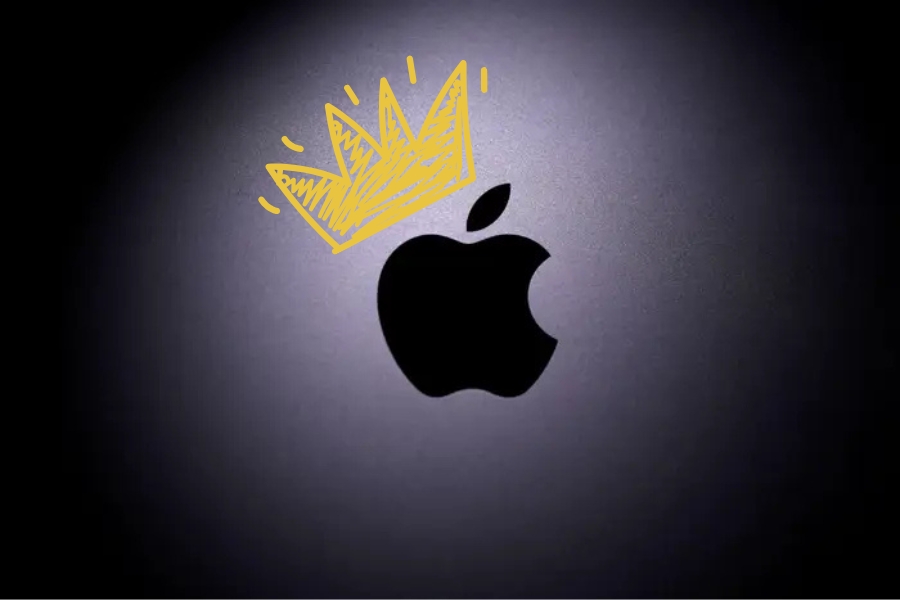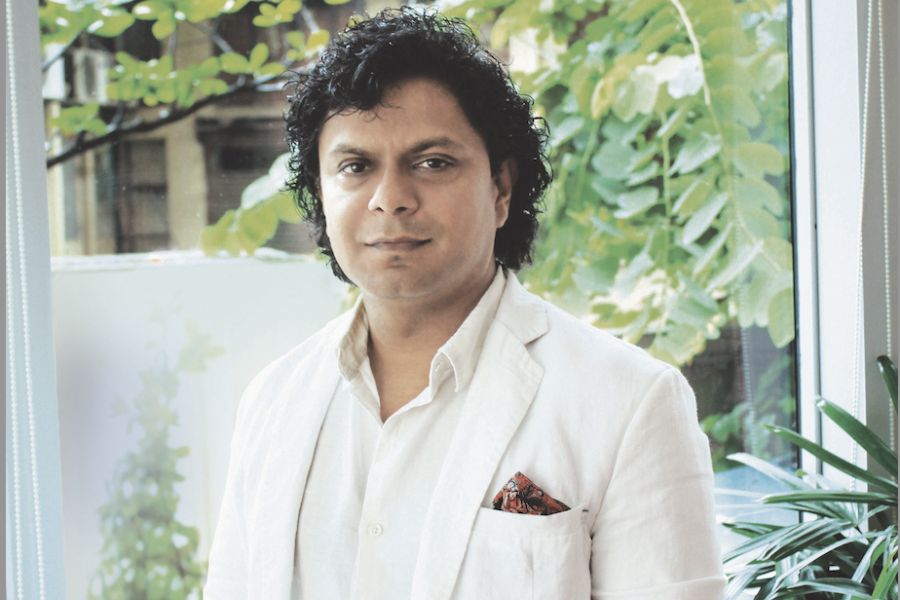The world’s 100 most valuable brands have lost out on an eye-watering $3.5 trillion in value creation since 2000, according to Interbrand’s Best Global Brands Report for 2024.
The agency's longitudinal study tracked and reported on the value of the world’s biggest brands since the turn of the century. This analysis reveals that while performance marketing tactics can drive short-term financial gains, a lack of investment in long-term brand strategy has left the best global brands with at least $3.5 trillion of unrealised value.
For the last one year, it equates to $200 billion of lost revenue. The cumulative value of the world’s most valuable brands has, however, increased by 3.4 times since Interbrand first published its ranking—from $988 billion to $3.4 trillion.
Gainers and losers
Highlighting the losers and gainers among world’s top brands, Interbrand report mentions that although Apple has retained its #1 position as the most valuable brand, it has suffered nearly 3% loss of value this year.
However, explaining the true story behind the apparent decline, Greg Silverman, global director of brand economics, Interbrand, explained, “While others rushed into artificial intelligence (AI), Apple took a more deliberate path to ensure its AI releases matched its values. This slower-moving act of leadership has put long-term trust ahead of short-term revenue gains. Following these brand moves, Apple’s stock has moved up 20% YTD and we anticipate that Apple’s value will increase in the 2025 rankings.”
Auto brand Tesla (#12) saw one of this year’s deepest declines—i.e. 9%—in brand value. Another auto brand, Ferrari stood as the top gainer this year, with 21% increase in its brand value, capturing #62 spot. The new entrants in the top 100 list include Nvidia, Pandora, Range Rover, and Jordan.
Sector-watch
Among sectors, the automotive brands seem to dominate with maximum number of brands, 14 in all, in the top 100 list. Three auto brands, Toyota (#6), Mercedes-Benz (#8), and BMW (#10) have even appeared in top 10 this year. Meanwhile, Kia (#86), Hyundai (#30) and Toyota (#6) achieved double digit growth.
Other marquee sector has been of the luxury brands whose overall value of showed an upward trajectory (+7% as against last year’s +6.5%). These brands, the report mentions, have been improving their relevance by creating new consumer experiences, expanding their digital touchpoints, and through creativity. Jumping three places, the luxury brand Louis Vuitton captured No 11 spot from the last year’s #14. Two other luxury brands, Hermès (#22), and Prada (#83) demonstrated a strong growth in their brand values of 15% and 14%, respectively.
A changing landscape
With the growth and maturity of performance marketing tools over the past quarter of a century, companies are giving them more importance than ever before. With the evolution of these tools, the pressures and expectations placed on brand and marketing leaders too have grown significantly over the years, the report observes.
Further commenting on these changes, the report says that over the past 25 years, and especially post-pandemic, there has been a shift in the role of the chief marketing officer and the influence that their brand and marketing teams have in shaping total growth strategies. The focus of CEOs and CFOs has now been on activities that guarantee immediate returns.
Ashish Mishra, CEO, Interbrand India and South Asia, said, “With more businesses focusing on quick scale-up and faster short-term growth, there is an ever-increasing stake that the investor community now has in businesses around the world. They run the show now, with businesses becoming mere instruments and asset classes in the quest for alpha.”
This change in perspective has also led to a change in the fundamental nature of businesses and brands laying a greater focus on short term marketing and cost efficiencies. Terming this as “a myopic view”, Mishra said that it limits real and sustained value growth for businesses and brands. “Today, CMOs and their teams are expected to deliver greater revenue returns in much shorter time-frames, for a significantly lower total investment,” he noted.




